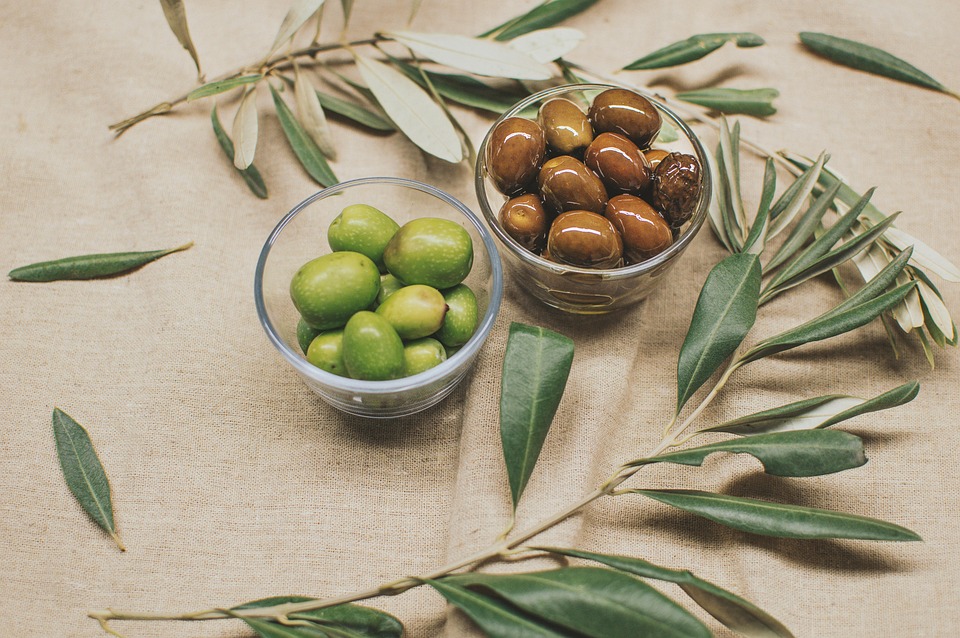Mediterranean cuisine is a vibrant tapestry woven from the diverse cultures, climates, and landscapes that surround the Mediterranean Sea. This culinary tradition is celebrated not only for its rich flavors but also for its emphasis on fresh, high-quality ingredients. At the heart of this cuisine are staples like olives, oregano, garlic, and tomatoes, which together create a harmonious balance of taste and nutrition.
The Essence of Olive Oil
Olive oil is often heralded as the cornerstone of Mediterranean cooking. Sourced primarily from olives, this liquid gold offers a robust flavor profile that varies from fruity to peppery, depending on the type of olives used and the region of production. Beyond its taste, olive oil is a cornerstone of the Mediterranean diet, praised for its health benefits, particularly its heart-healthy monounsaturated fats and antioxidants. Used for drizzling, dipping, sautéing, and dressing, olive oil elevates dishes and encapsulates the essence of the Mediterranean lifestyle.
Olives: The Symbol of Peace and Flavor
Olives are more than just a delicious snack; they are a significant part of Mediterranean culture. From briny green olives to rich black varieties, these small fruits add depth and complexity to numerous dishes. They are often served as meze, or appetizer, and incorporated into salads, stews, and tapenades. Olives are not only flavorful but also packed with health benefits, including anti-inflammatory properties and essential nutrients.
The Herb Garden of the Mediterranean: Oregano and Beyond
Oregano is perhaps the most iconic herb associated with Mediterranean cooking. Its earthy, aromatic notes make it a staple in Italian, Greek, and Spanish dishes. Whether sprinkled over pizzas, mixed into pasta sauces, or used to season grilled meats, oregano brings a distinctive flavor that epitomizes the Mediterranean ethos. Other aromatic herbs, such as thyme, rosemary, and basil, also play essential roles. These herbs are often used fresh, providing a garden-fresh quality that enhances flavors and aromas.
Tomato: The Heart of the Mediterranean Kitchen
Tomatoes are another quintessential ingredient in Mediterranean cuisine. From sun-ripened tomatoes in summer to rich tomato sauces cooked slowly, they offer a natural sweetness and acidity that brings life to a dish. Often featured in salads, pastas, and casseroles, tomatoes are celebrated for their versatility. The Mediterranean’s warm climate allows for the growth of various tomato varieties, each contributing its unique characteristics to the culinary landscape.
Garlic: The Flavor Enhancer
Garlic, known for its pungent flavor and aroma, is a crucial element in Mediterranean cooking. Used in raw forms, roasted, or infused in oils, garlic enhances the taste of countless dishes, providing a savory depth. It is not only cherished for its culinary applications but also revered for its health benefits, including anti-inflammatory and immune-boosting properties. From garlic bread to aioli, this bulb is a true performer in the Mediterranean kitchen.
Fare and Flavors: How Regions Influence Cuisine
The Mediterranean Sea touches numerous countries, each contributing its unique flavors and techniques. In Italy, the cuisine emphasizes pasta, risottos, and a variety of cheeses; in Greece, fresh seafood and grilled meats shine alongside traditional bread and yogurt; while in Spain, vibrant tapas and rich paellas capture the essence of communal dining. Each region celebrates local ingredients, resulting in a diversity of flavors unified by the principles of freshness, simplicity, and harmony.
A Culinary Philosophy: Share and Enjoy
Mediterranean cuisine is not just about flavors; it embodies a philosophy of food as a social experience. Meals are often communal, bringing families and friends together to share a bounty of flavors. The Mediterranean lifestyle emphasizes not only what is served at the table but also how it is enjoyed. The concept of “slow food”—savoring meals and appreciating ingredients—is ingrained in the culinary culture, making dining an art form rather than just a necessity.
Conclusion
From olives to oregano, the flavors that define Mediterranean cuisine are a reflection of the region’s rich history and diverse cultures. With an emphasis on fresh, high-quality ingredients and communal dining, this culinary tradition offers a deliciously healthy way of life. As many around the world embrace the Mediterranean diet, it stands as a testament to the beauty of simplicity and the joys of shared meals, making it a cuisine that continues to inspire and delight. Whether you are twirling pasta, relishing olive oil drizzled on bread, or enjoying a fresh salad, the essence of the Mediterranean lingers on in every bite.



